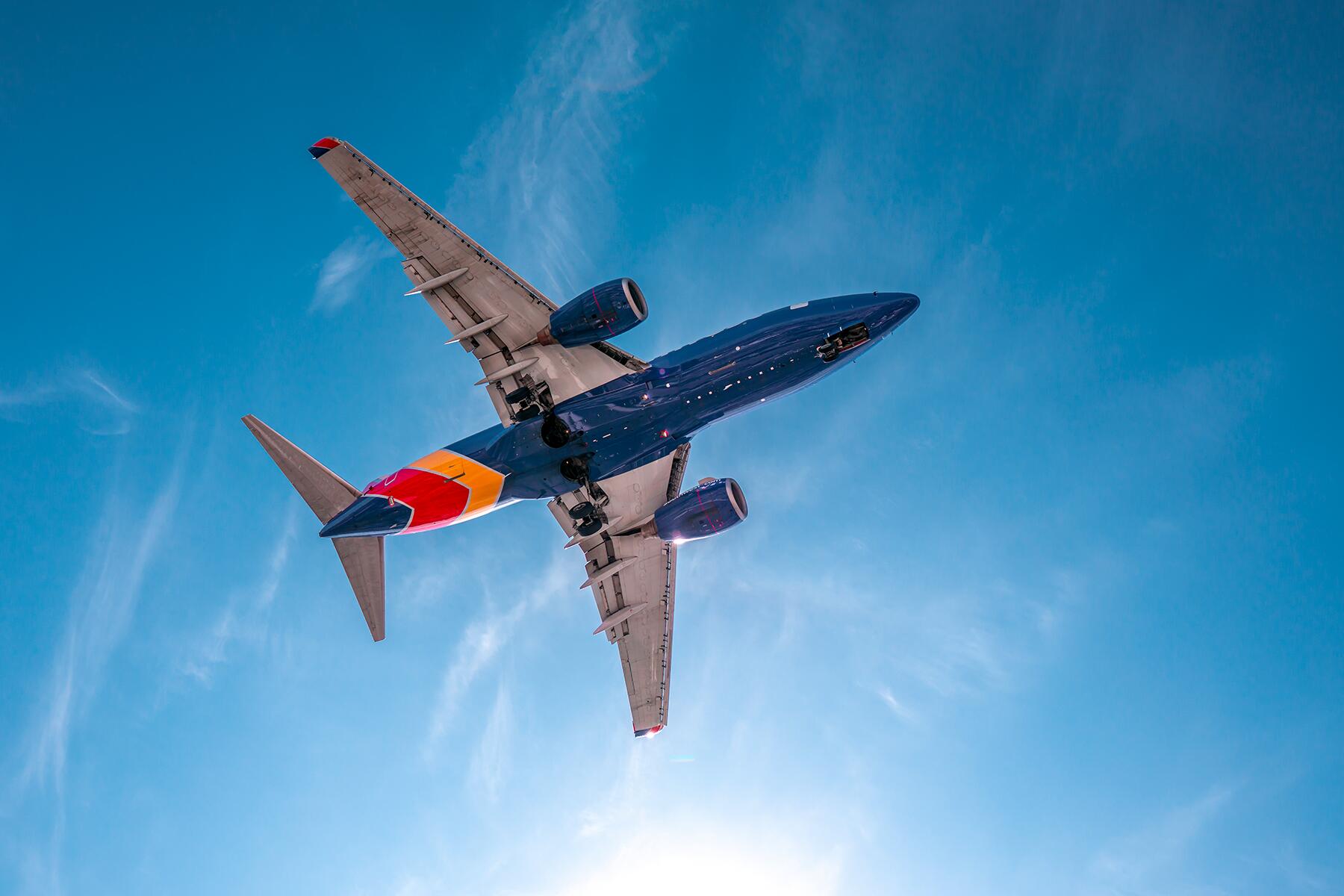The airline wants to reduce fire risk.
Southwest Airlines has announced that passengers who use lithium-powered mobility devices, such as wheelchairs, must remove the battery before checking in their device. Passengers will need to carry the batteries with them in the cabin. This new policy, aimed at reducing the risk of fires on board, will take effect on September 25.
Southwest’s vice president for safety, Dave Hunt, said in a message to employees, “Lithium batteries have become one of the most common sources of smoke and fire incidents on aircraft. While these events are rare, quick access and visibility are critical to keeping everyone onboard safe. By taking proactive steps now, Southwest will be among the first U.S. carriers to adopt these higher standards.”
The airline is also limiting the size of lithium-ion batteries that can be carried on its flights to 300 watts. However, passengers have until January 11, 2026, to transition to compliant batteries.
Related: The Top Companies Helping Travelers With Disabilities See the World
In May, Southwest reminded passengers using portable batteries on flights to keep them in sight. “When a portable charger/power bank is used during a flight, it must be out of any baggage and remain in plain sight. Do not charge devices in the overhead bin,” the website warns.
These restrictions on lithium batteries are not new to the airline industry. Many international airlines ban portable charging devices from the cabin, and passengers are not allowed to check them in either. The batteries can cause onboard fires and have become a safety issue. With passengers traveling with multiple electronic devices, the odds of such events have increased. The Federal Aviation Administration issued a safety alert regarding lithium-battery devices after several cabin fire incidents.
Continue Reading Article After Our Video
Recommended Fodor’s Video
Mobility Devices Rules
Assistive devices can be checked in without any charge and do not count toward the baggage limit. However, the Department of Transportation suggests that passengers inform the airline about their assistive device—including its size, weight, and battery type—and arrive one hour earlier than usual check-in time.
Other airlines currently do not require passengers to remove batteries. American Airlines asks passengers to notify them in advance about their mobility devices: “For battery operated mobility devices, contact Special Assistance to make sure the battery type is approved for travel and for any other special assistance travel requests.”
Delta also requires advance notice of 48 hours and states that lithium-ion batteries have no restrictions, while wet-cell spillable batteries and dry-cell or gel-cell non-spillable batteries require special handling. United also asks passengers to share the battery type, and if a lithium-ion battery must be carried onboard, a flight attendant should be informed.
Related: These Items Are Causing Fires on Planes
Southwest Is Changing
For years, Southwest was known for customer-friendly policies, like free cancellations, free checked bags, and complimentary drinks on board. The airline distinguished itself from legacy carriers with these perks, but that era is ending as the company seeks to increase revenue.
Related: What Happened to Southwest Airlines? A Deep Dive Into Its Decline
The first perk to go was its “two bags fly free” offer, which was retired earlier this year. Passengers can no longer check bags for free. Now, Southwest charges $35 for the first bag and $45 for the second.
Southwest has also reconsidered its decades-old open-seating policy. Last year, it announced plans to adopt an assigned seating model like other U.S. airlines. Starting January 27, 2026, fliers will be able to choose their seats before boarding. The open-seat model was a key differentiator for the airline and a polarizing topic—some passengers loved it, while others disliked it.
Related: Dear Southwest Airlines: Please Don’t Get Rid of Your Open Seating Policy! I Beg You!
More recently, the airline tightened its refund policy for extra seats, which will affect plus-size travelers. Refunds will only be processed within 90 days of travel if both seats are in the same class and if there is an open seat (the flight is not full). Refunds are possible, but not guaranteed. Plus-size travelers valued the airline because it allowed them to book two seats with minimal hassle: either for free at the airport or with easy refunds.

